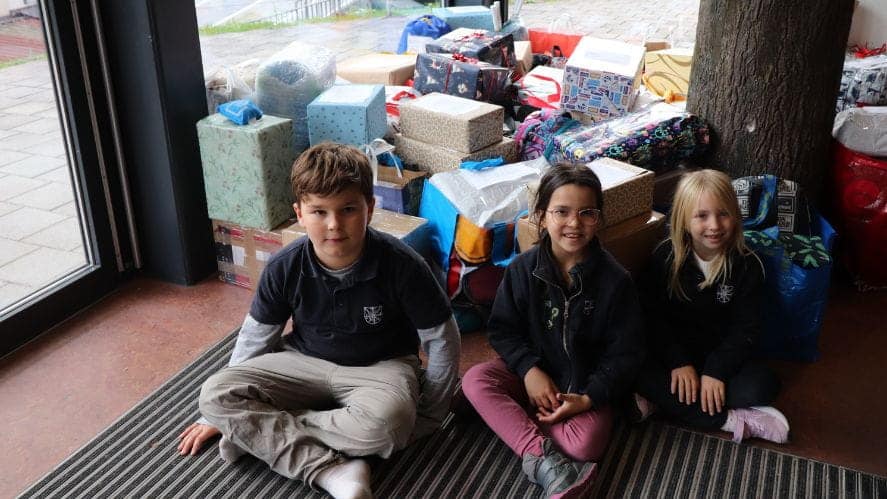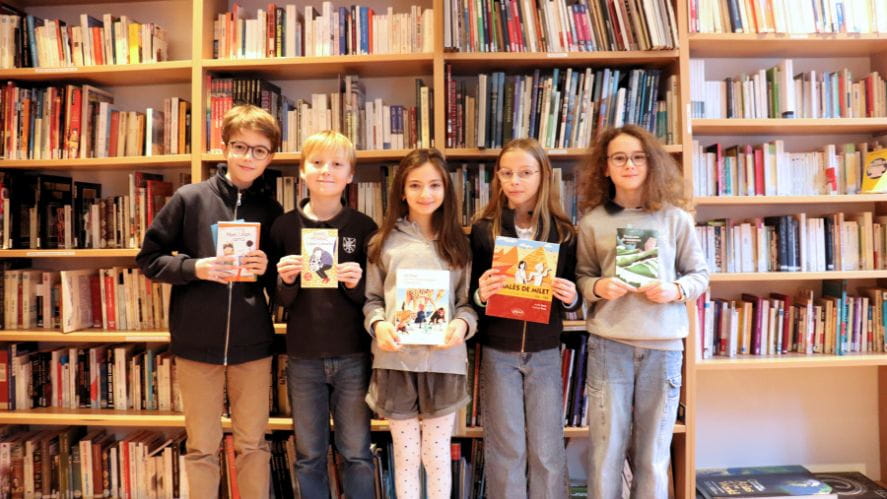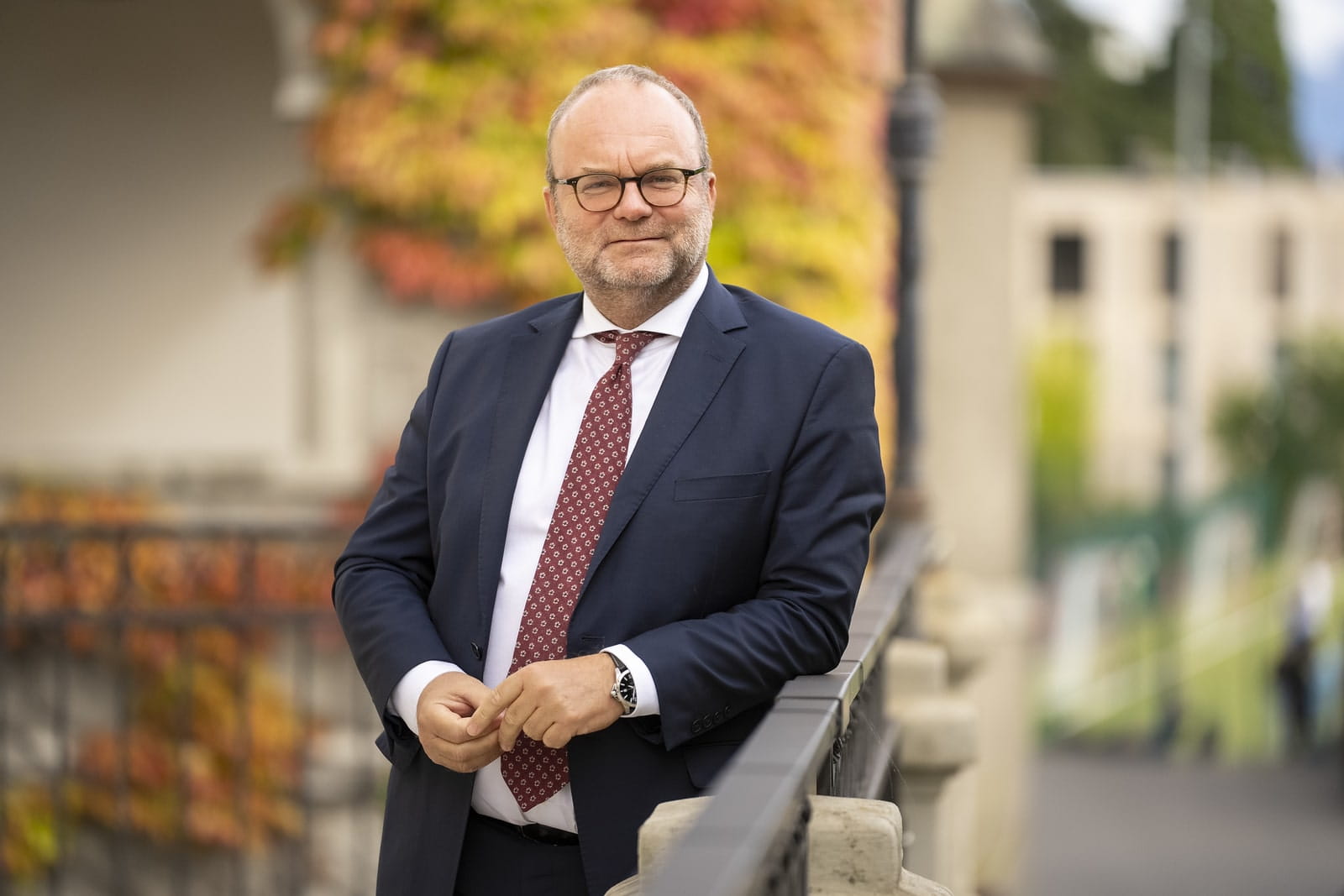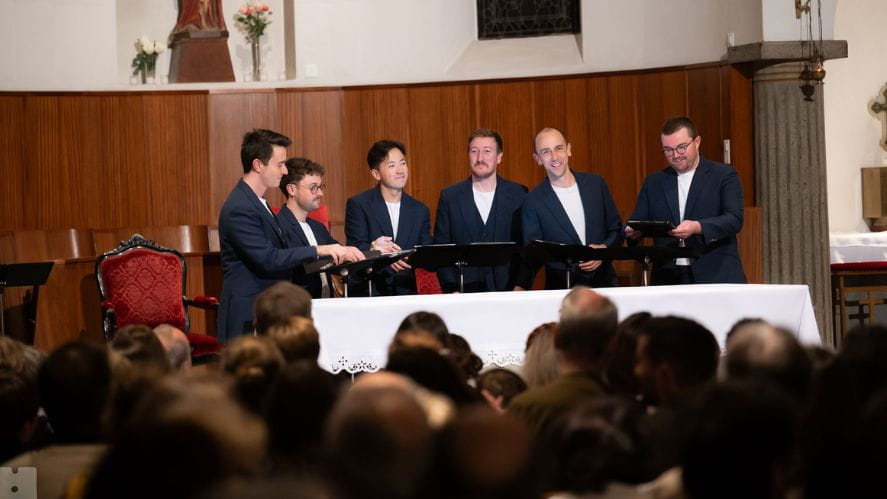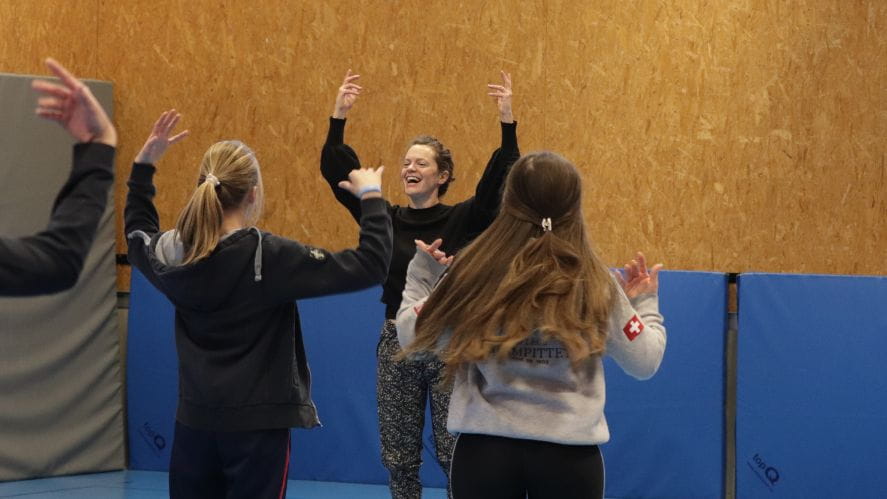The Swiss Parliament's adoption of the principle of education without violence marks a significant societal progression, legally prohibiting physical punishment and degrading treatment of children. This legislative stance acknowledges a critical truth: not only is violence reprehensible, but it is also fundamentally counterproductive, often achieving the opposite of its intended outcomes. As noted by neuropsychiatrist Boris Cyrulnik, this evolution reflects civilization's advancement from historical periods where children's rights were scarcely recognized. The international framework supporting this approach is robust, anchored by the 1989 International Convention on the Rights of the Child and reinforced by the 2024 Geneva Declaration. Within this comprehensive educational philosophy, there is a compelling perspective that these rights should be intrinsically linked to corresponding duties. Just as the right to vote carries a duty to engage in democratic processes, children's rights encompass duties such as being curious and respectful. This balanced view fosters a sense of responsibility and mutual respect, which is central to a holistic educational model.
At Collège Champittet, this philosophy is actively embedded into the school's culture through a commitment to open-mindedness and the self-regulation of student behaviour. The institution's disciplinary framework is transparent, with clearly defined rules known to all community members, ensuring fairness and predictability. When disciplinary action is necessary, the focus is on implementing constructive sanctions. These measures, while sometimes involving a temporary loss of privilege, are designed to be meaningful and restorative. For instance, a student might be tasked with assisting younger pupils during mealtimes or participating in campus beautification projects. Such sanctions engage students in serving their community, helping them understand the purpose and rationale behind the consequence. This approach deliberately excludes violence and humiliation, replacing them with principles that encourage personal commitment and profound respect. The result is an environment where students not only accept accountability but also develop a deeper comprehension of their role within a collaborative society.


